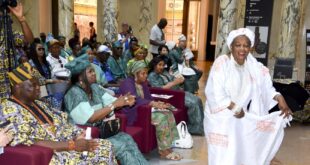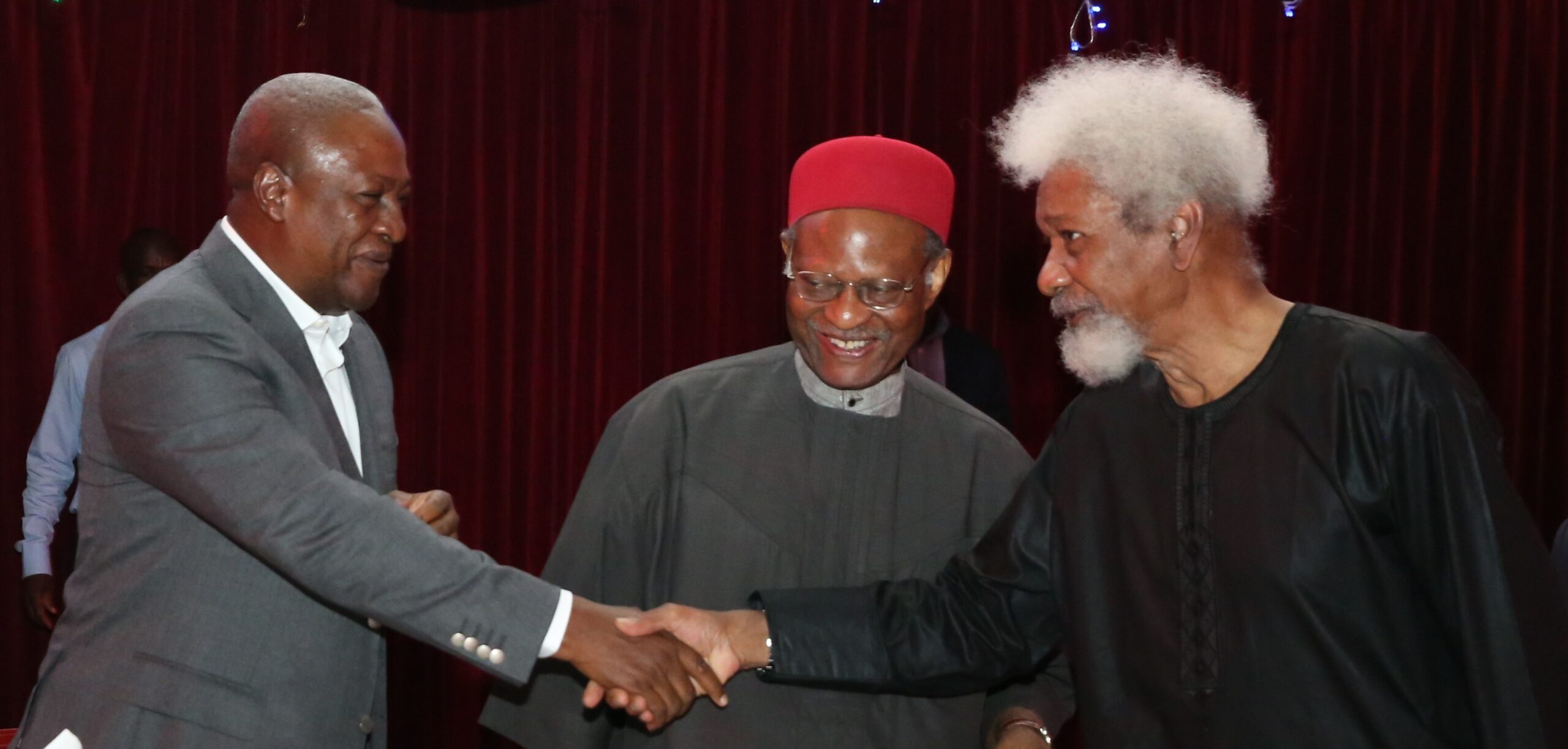The 2021 Nobel prize for literature has been awarded to the Tanzanian-born novelist Abdulrazak Gurnah.
The Swedish Academy, which awards the prize, announced the winner on Thursday, praising Gurnah for his “uncompromising and compassionate penetration of the effects of colonialism and the fate of the refugee in the gulf between cultures and continents”.
The prize is worth 10 million Swedish crowns ($1.14m; ; €980,000).
Born in Zanzibar in 1948, Gurnah arrived in Britain 1968 as a refugee. Being of Arab origin, he was forced to flee his birthplace during the revolution of 1964 that led to the overthrow of the Sultan of Zanzibar and his mainly Arab government by local African revolutionaries. The revolution ended 200 years of Arab dominance in Zanzibar, and is commemorated on the island each year with anniversary celebrations and a public holiday.
Gurnah has published ten novels as well as a number of short stories. His most famous novel is Paradise, which tells the story of a boy growing up in Tanzania in the early 20th Century.
The Nobel Committee for Literature said that “the theme of the refugee’s disruption runs throughout his work”.
Reacting to the announcement, Gurnah said how grateful he was to the academy, adding: “It’s just great – its just a big prize, and such a huge list of wonderful writers – I am still taking it in.
“It was such a complete surprise that I really had to wait until I heard it announced before I could believe it.”
Gurnah was Professor of English and Postcolonial Literatures at the University of Kent, Canterbury, until he retired recently.
He is the first Black African author to have won the award since Wole Soyinka in 1986.
Only five African writers have been awarded the Nobel prize for literature since it was first awarded in 1901: Wole Soyinka (Nigerian, 1986), Naguib Mahfouz (Egyptian, 1988), Nadine Gordimer (White South African, 1991), J.M. Coetzee (White South African, 2003) and Doris Lessing (White Zimbabwean/British, 2007).
The Nobel Prizes, which have been awarded since 1901, recognise achievement in literature, science, peace and latterly economics. The awards are traditionally presented on 10 December, the anniversary of Swedish inventor Alfred Nobel’s death.
Vivian Asamoah
 THE AFRICAN COURIER. Reporting Africa and its Diaspora! The African Courier is an international magazine published in Germany to report on Africa and the Diaspora African experience. The first issue of the bimonthly magazine appeared on the newsstands on 15 February 1998. The African Courier is a communication forum for European-African political, economic and cultural exchanges, and a voice for Africa in Europe.
THE AFRICAN COURIER. Reporting Africa and its Diaspora! The African Courier is an international magazine published in Germany to report on Africa and the Diaspora African experience. The first issue of the bimonthly magazine appeared on the newsstands on 15 February 1998. The African Courier is a communication forum for European-African political, economic and cultural exchanges, and a voice for Africa in Europe.

































